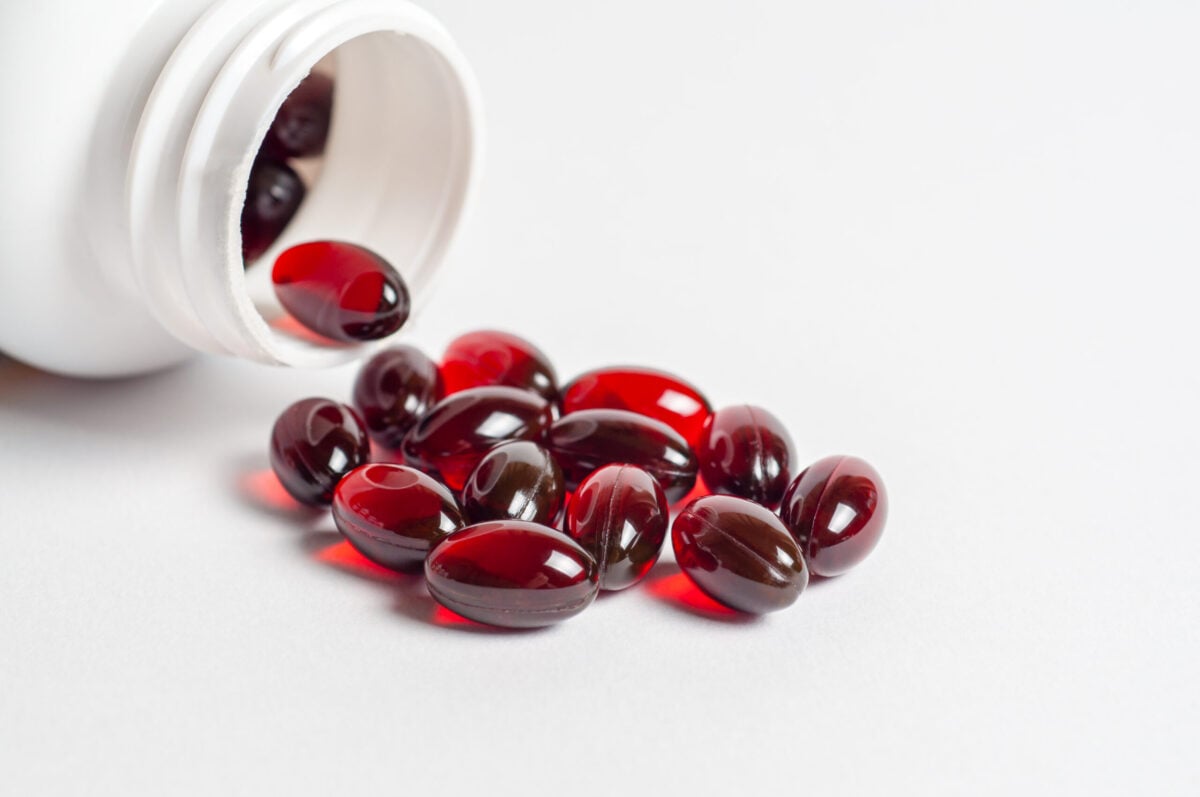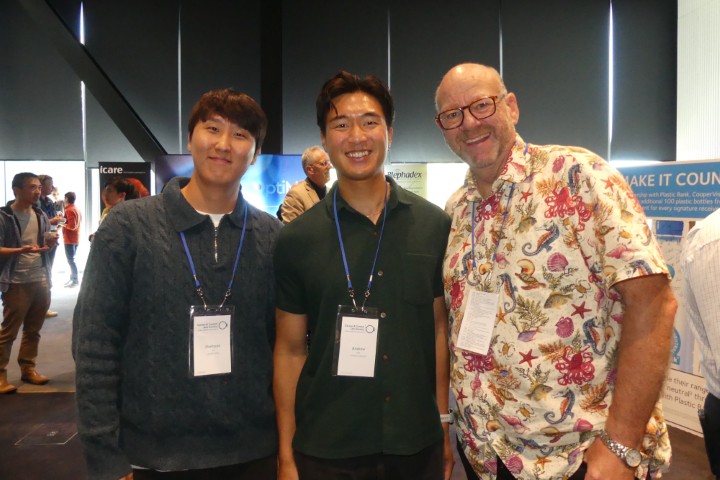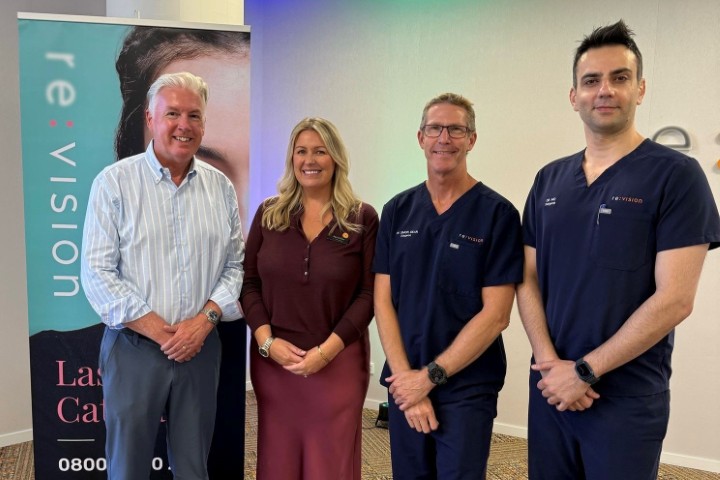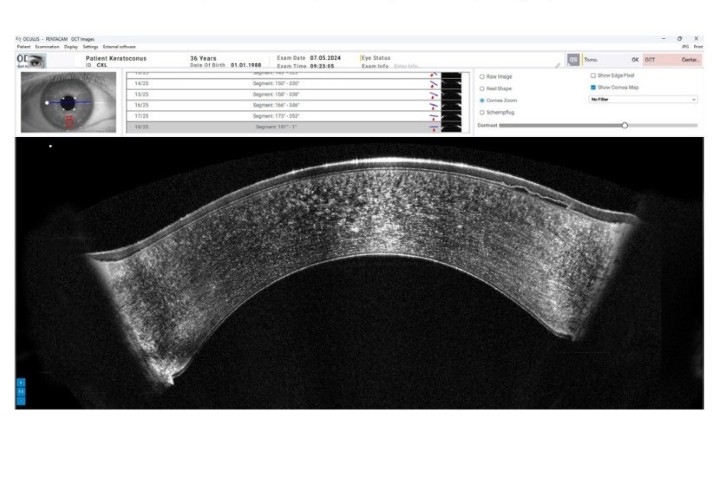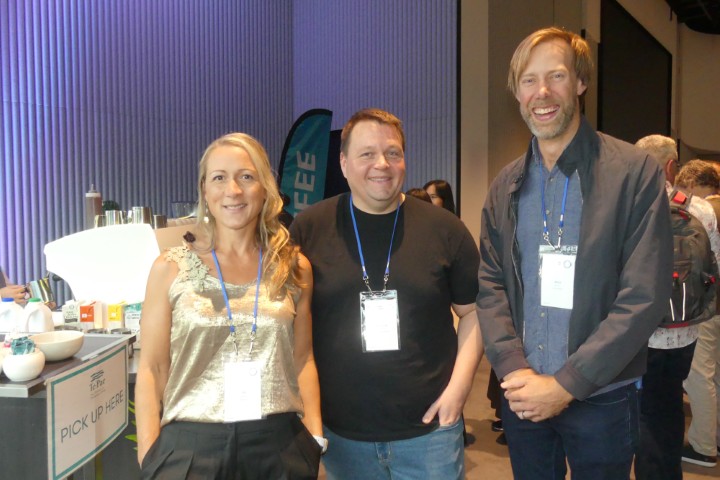Astaxanthin relieves kids’ digital eye strain
Writing in Advances in Therapy, researchers found astaxanthin supplementation reduced chronic and acute digital eye strain (DES), while enhancing objective measures of visual performance in school-aged children.
The randomised, double-blind, placebo-controlled trial involved 64 children (10–14 years) engaged in four hours or more of daily screen time and who experienced mild to moderate computer vision syndrome (CVS) symptoms, as indicated by a CVS-Questionnaire (CSV-Q) score of ≥8 and <19. Participants received a daily 4mg astaxanthin soft capsule or placebo for 84 days.
The researchers found astaxanthin supplementation significantly improved CVS-Q scores after 84 days compared to placebo (20%), while their mean visual fatigue Likert scale scores showed a 27% improvement.
Furthermore, stereopsis improved significantly after acute visual load and pupillary light reflex improved. Tear production increased after 14, 56, and 84 days in the astaxanthin group, with no significant intergroup difference in the Schirmer I test, visual acuity, spherical equivalence, near point of accommodation, near exophoria, immune markers or safety variables.
The study was supported by AstaReal, a manufacturer of astaxanthin supplements.










